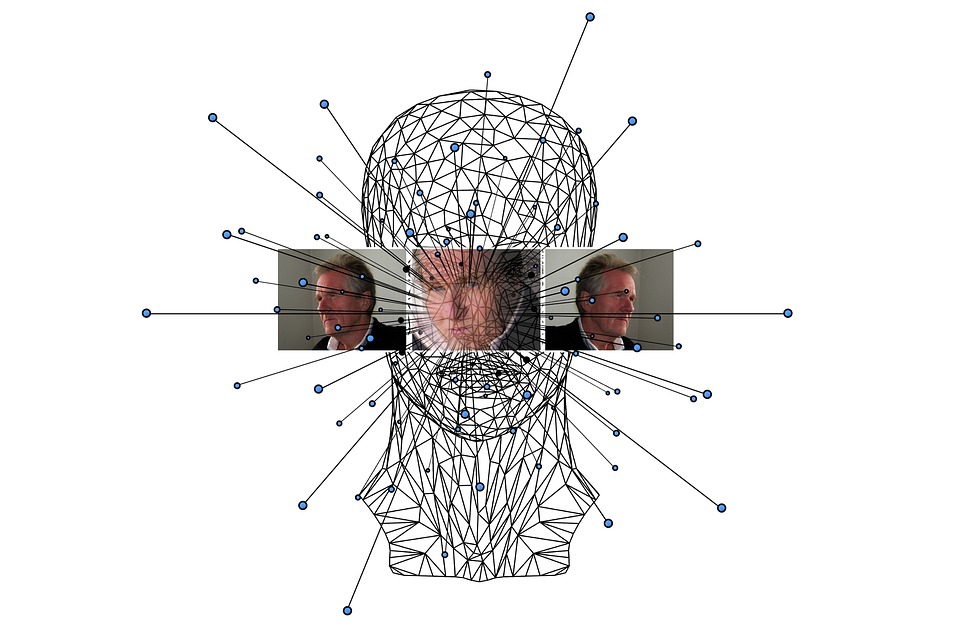As artificial intelligence (AI) continues to permeate various aspects of daily life, the ethical considerations surrounding its development and deployment are becoming increasingly crucial. Machine learning, a subset of AI that focuses on predicting outcomes based on patterns in data, presents unique challenges and responsibilities that necessitate a thoughtful approach to ethics. In this article, we will explore these challenges and the responsibilities of stakeholders involved in AI development.
Understanding AI Ethics
At its core, AI ethics explores the moral implications of AI systems and how they impact society. This encompasses issues like fairness, accountability, transparency, and privacy. The rapid integration of machine learning technologies into sectors like healthcare, finance, and law enforcement raises questions about their ethical use.
1. Fairness and Bias
One of the most significant ethical concerns in machine learning is bias. Algorithms often learn from historical data reflecting societal prejudices. For instance, if a hiring algorithm is trained on data from a company with a history of gender bias, it may inadvertently perpetuate that bias by favoring male candidates over equally qualified female candidates.
Challenge: Ensuring fairness in AI systems is a complex problem. The subjective nature of fairness—what is fair for one group may not be for another—further complicates the issue.
Responsibility: Developers must prioritize diverse datasets and employ strategies to audit and mitigate bias in their models. This includes involving interdisciplinary teams in the design process to address potential blind spots.
2. Accountability and Transparency
When AI systems make decisions that affect people’s lives, accountability becomes a pressing issue. Who is responsible when an automated driverless car causes an accident, or when an AI-driven loan approval system unjustly denies an applicant?
Challenge: The "black box" nature of many machine learning algorithms makes it difficult to understand how decisions are reached, leading to a lack of transparency that can erode trust.
Responsibility: Developers and organizations must strive for transparency by creating explainable AI systems. Clear documentation of how models work and the data they are trained on can help stakeholders understand and trust the technology.
3. Privacy and Surveillance
With the vast amount of data needed to train machine learning models, privacy concerns arise. AI systems often process sensitive personal information, which can lead to surveillance and data misuse.
Challenge: Striking a balance between utilizing data for AI advancement and protecting individual privacy rights poses a formidable ethical dilemma.
Responsibility: Organizations should adhere to the principles of privacy by design, implementing stringent data protection measures and obtaining informed consent from users. Additionally, they should advocate for robust regulations that protect consumer privacy.
4. Socioeconomic Implications
The deployment of machine learning can exacerbate existing socioeconomic disparities. Automation may displace workers, and those who lack technical skills may find themselves at a disadvantage in the job market.
Challenge: The unbalanced distribution of the benefits and burdens of AI technology can lead to increased inequality, fostering resentment and unrest.
Responsibility: Stakeholders have an ethical duty to promote inclusive access to AI education and reskill workers who may be negatively affected. Industry leaders should engage in discussions to ensure that AI benefits a broader segment of society.
Facing the Future
While the challenges of AI ethics are significant, they are not insurmountable. As we continue to advance in the field of machine learning, fostering collaboration among technologists, ethicists, policymakers, and the public is imperative.
Actionable Steps
-
Interdisciplinary Collaborations: Build teams that include ethicists, social scientists, and affected community members in AI development processes to help identify potential ethical pitfalls.
-
Regulatory Frameworks: Advocate for regulations that promote ethical AI use and ensure accountability, fairness, and transparency among providers.
-
Public Awareness: Increase public awareness and engagement in discussions about AI and its ethical implications, encouraging an informed citizenry that can advocate for their rights.
- Continuous Learning: Encourage continual training and awareness for developers about the ethics of AI to foster a cultural shift in how AI technologies are designed and deployed.
In conclusion, the ethical implications of AI, particularly in machine learning, are vast and complex. Stakeholders must acknowledge their responsibilities and work collaboratively to address these challenges. With a commitment to ethical practices, we can harness the power of AI while ensuring it is used to benefit society as a whole—creating a future where technology serves humanity, not the other way around.



